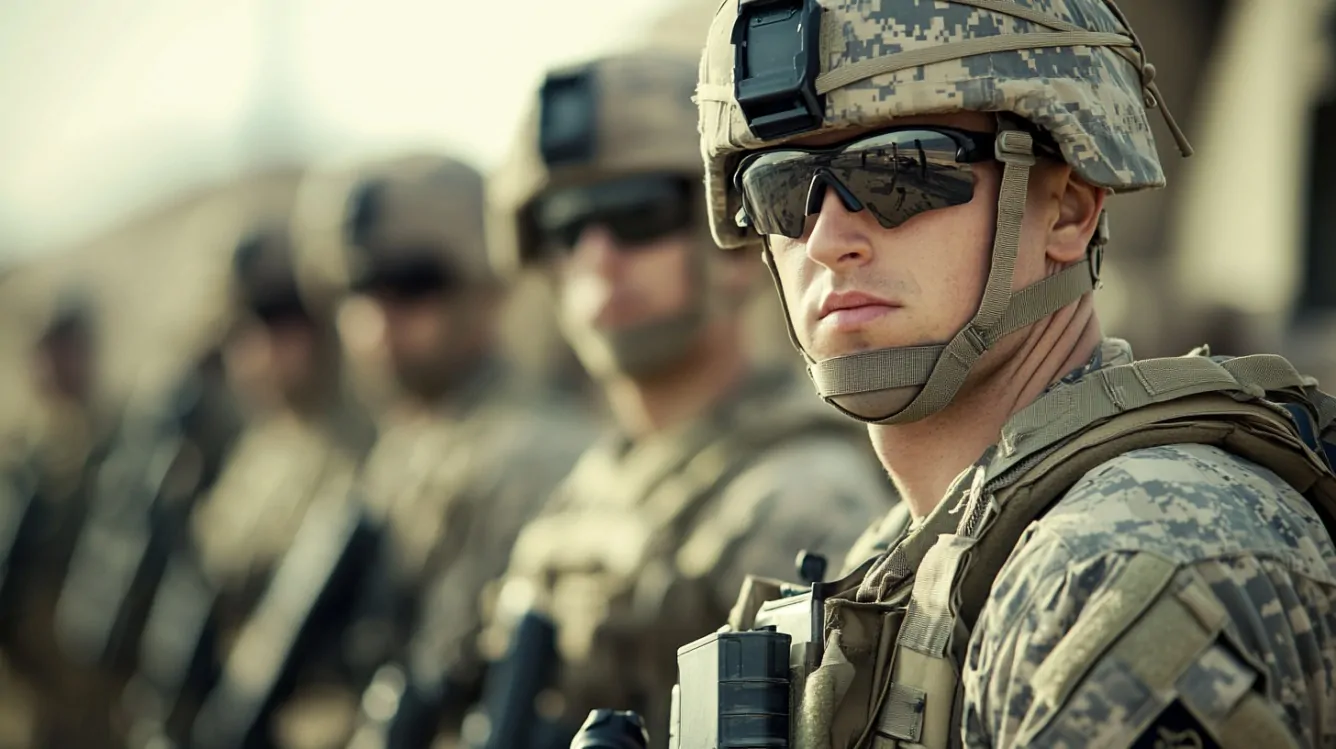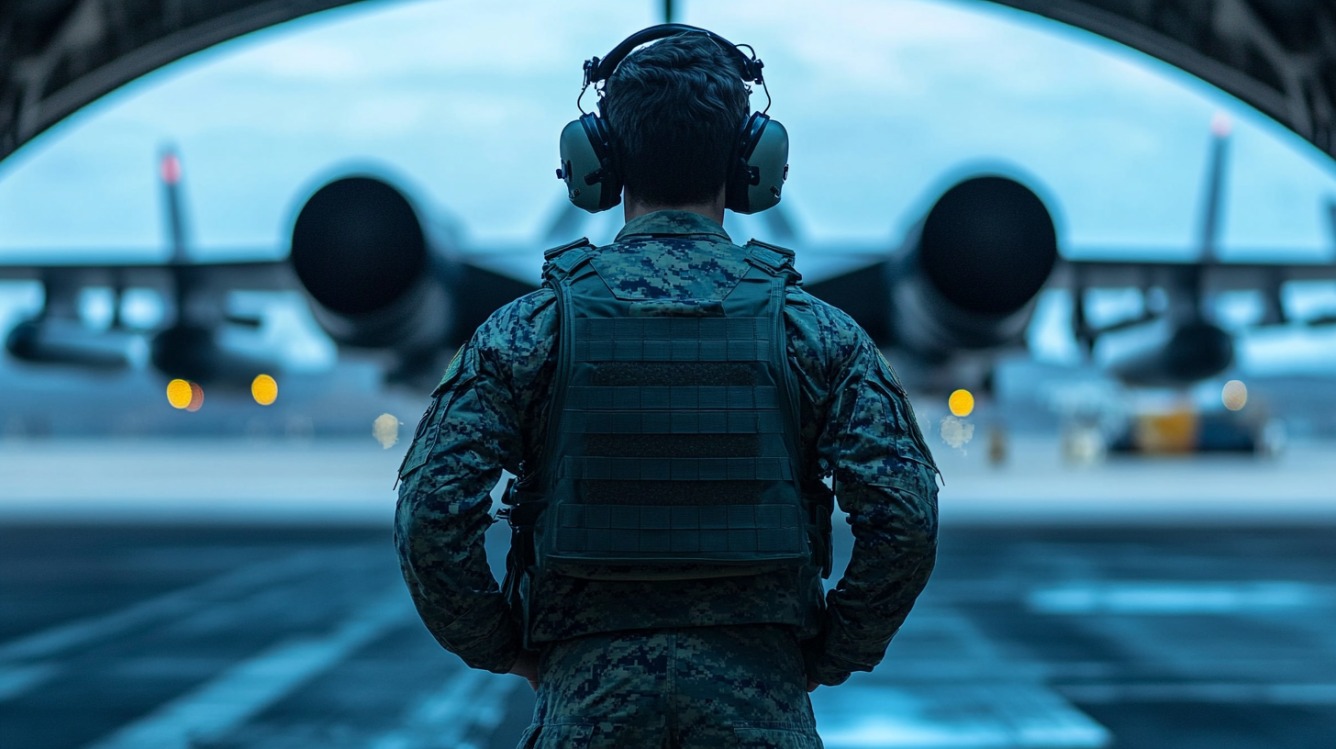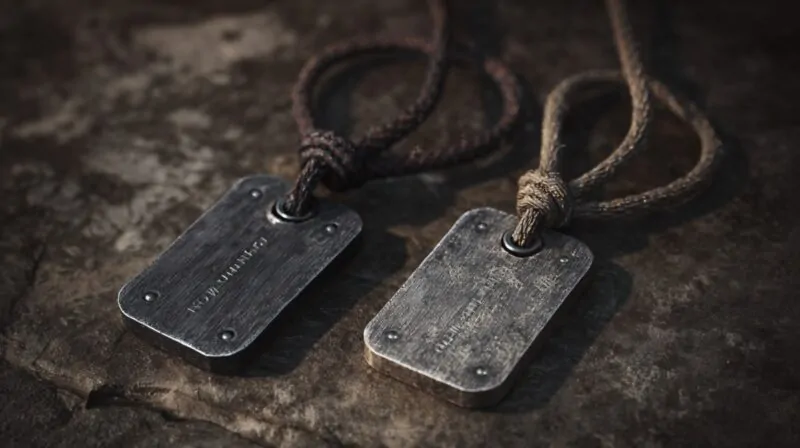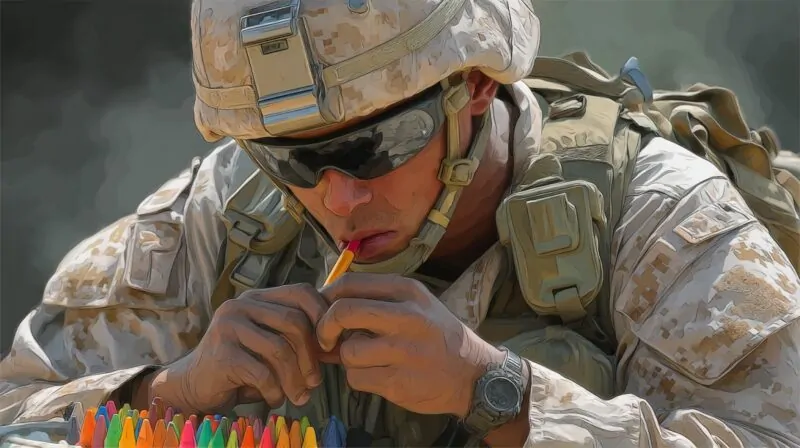ASVAB plays a central role in determining eligibility for enlistment in the United States Air Force.
As a standardized assessment, it helps gauge a candidate’s potential to train and perform in various military occupations.
Score requirements differ depending on educational background, and aiming high improves career flexibility.
Let us talk about these.
Minimum AFQT Score Requirements for the Air Force
Candidates must meet minimum AFQT (Armed Forces Qualification Test) thresholds to qualify for the Air Force. For those holding a standard high school diploma, the minimum required AFQT score is 31.
Individuals who hold a General Educational Development (GED) certificate face a stricter benchmark, needing a minimum score of 50.
This higher threshold reflects additional scrutiny for non-traditional academic routes.
Meeting these minimums qualifies applicants for basic enlistment, but does not guarantee assignment to highly desirable roles. Many of the more technical or prestigious Air Force jobs require significantly higher performance on the ASVAB.
Aiming for a score of 60 or higher is strongly advised for candidates who want more than just eligibility. Higher scores increase flexibility, unlock advanced training options, and provide more leverage during job placement discussions with recruiters.
- High school diploma holders: Minimum AFQT score of 31
- GED holders: Minimum AFQT score of 50
- Recommended target for broader career access: AFQT score of 60+

Higher scores are especially important for those hoping to qualify for specific Air Force Specialty Codes (AFSCs), which define an individual’s job role and future career trajectory.
Many technical and electronic roles require not only strong overall scores but also high performance in targeted subtests.
Achieving this level of readiness requires planning, consistent preparation, and the mindset to aim higher than the baseline.
- Access to specialized training schools
- Eligibility for intelligence, cyber, or aviation-related fields
- Improved chances of career advancement and reclassification later on
- Stronger initial contracts with possible signing bonuses or incentives
ASVAB Line Scores and Career Matching (MAGE Scores)
Success on the ASVAB extends far past achieving the minimum AFQT score.
Those aiming for meaningful and specialized roles within the Air Force must pay close attention to line scores.
- Mechanical
- Administrative
- General Aptitude
- Electronics
Line scores serve as the primary mechanism for matching candidates to Air Force Specialty Codes (AFSCs), which determine job assignments. Roles in aviation, cybersecurity, mechanics, and administrative work all depend on performance in these specific areas.
Strong line scores signal readiness for advanced training and offer a competitive edge during career placement discussions.
The maximum score on the ASVAB (Armed Services Vocational Aptitude Battery – the test to get into the military) is 99.
The minimum score to join the Marine Corps is 31.
Surprising absolutely no one, kyle rittenhouse scored “far below” the required minimum. pic.twitter.com/7cHPfcl8rr— Roger ZenAF (@RogerZenAF) April 1, 2024
Breakdown of MAGE Categories:
Mechanical (M)
Focuses on technical ability and mechanical reasoning.
- Arithmetic Reasoning (AR)
- Auto & Shop Information (AS)
- Mechanical Comprehension (MC)
- Verbal Expression (VE)
Administrative (A)
Evaluates communication skills and clerical aptitude. Derived entirely from Verbal Expression (VE)
General Aptitude (G)
Useful for evaluating readiness for general service and operational duties.
- Verbal Expression (VE)
- Arithmetic Reasoning (AR)
Electronics (E)
Measures technical understanding in electrical and digital systems.
- General Science (GS)
- Arithmetic Reasoning (AR)
- Mathematics Knowledge (MK)
- Electronics Information (EI)
Why Line Scores Matter:
- Candidates are not randomly placed; line scores influence which career options are offered.
- Competitive roles, especially those in aviation systems, electrical engineering, or intelligence, demand higher line scores.
- High performers across multiple categories may be eligible for cross-training or accelerated advancement.
Developing well-rounded strength across the MAGE categories leads to more job choices and potential for leadership roles.
Instead of just qualifying for entry, high line scores position a candidate to thrive in careers that match both skills and interests.
Interpreting ASVAB Results

ASVAB results contain two key types of scores that influence military career planning: standard scores and percentile scores.
Standard scores reflect raw performance on individual subtests such as Arithmetic Reasoning, Word Knowledge, or Electronics Information. Each subtest is scaled so that 50 is the average score and the standard deviation is 10. That means most people score between 40 and 60 on any given subtest.
Percentile scores compare a test-taker’s performance against a national reference group. A percentile score of 60 means that performance surpassed 60% of the sample population used for comparison. Percentiles matter more for the AFQT, which is the primary score used for determining enlistment eligibility.
Not all scores are equal in value across career fields. What is considered a “good” score depends heavily on job goals. A score of 50 may be adequate for some roles, but more technical or sought-after positions often require much higher numbers.
Some Air Force jobs, such as those in cyber operations or avionics, demand exceptional performance in multiple subtests.
To make the most of your results, use them as a planning tool. Review the score report in full, not just the AFQT. Discuss these results with a recruiter, who can help translate them into career options. A recruiter will consider not only your AFQT but also your line scores when determining your eligibility for specific roles.
What Happens After the Test
After completing the ASVAB, results are typically processed and reviewed during a scheduled meeting with a recruiter.
Recruiters analyze each section of the score report, aligning results with available Air Force Specialty Codes (AFSCs) and current mission demands. Higher scores often translate into greater flexibility, as candidates with strong performance are prioritized for advanced technical, operational, or intelligence roles.
During this review, recruiters help candidates evaluate eligible career fields, weighing both interests and qualifications.
Discussions may also include job availability at specific bases, length of enlistment options, and bonus eligibility.
Once the review concludes, candidates enter the formal enlistment process. It involves a series of steps aimed at verifying readiness for military service.

- A comprehensive physical examination is conducted at a Military Entrance Processing Station (MEPS) to confirm fitness for duty. Any existing conditions or concerns must be disclosed and reviewed.
- A thorough review of legal, educational, and personal history is conducted to confirm eligibility and security clearance potential.
- Candidates choose their AFSC based on availability and qualification, and then confirm their selection through a signed enlistment contract.
- After satisfying all requirements, candidates formally take the oath, committing to serve.
Some individuals may be presented with additional opportunities:
- High scores in specific MAGE categories can lead to placement in elite technical schools.
- Cybersecurity, avionics, linguistics, or intelligence analysis often require elevated qualifications and may be offered to top performers.
- Certain fields offer financial incentives, which may be discussed during this phase.
Good scores are not just about qualifying, help shape the overall military experience.
Summary
Success on the ASVAB starts with preparation. Setting ambitious score goals creates greater career freedom within the Air Force.
Using every available resource to study and working closely with a recruiter after testing leads to stronger outcomes.
A high score is a powerful key to the future. Ready preparation today can unlock tomorrow’s possibilities.
Related Posts:
- What Does 1B4X1 Stand For? An Inside Look at Cyber…
- Your Guide to Air Force Reserve Requirements for 2025
- Rank by Rank - Inside the US Air Force Officer Hierarchy
- What Is the Salary of an E-6 in the U.S. Air Force in 2025?
- Air Force Academy vs. West Point: Which School Is a…
- ASVAB Test Basics - What It Is and How to Succeed







